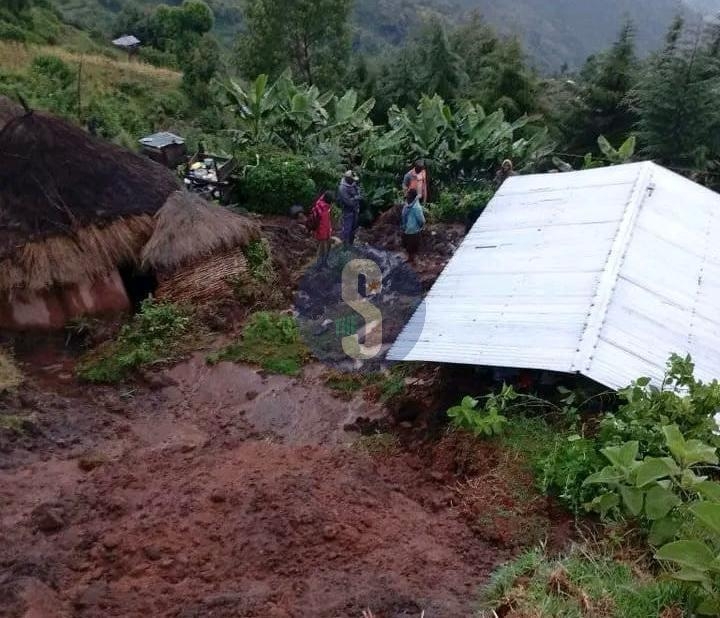Sitting outside his house in Hong Kong, a village in Kakuma Refugee Camp is John Mading.
Mading is busy playing with some of his children, while keeping his wife company, as she does her beadwork. The family is enjoying the cool breeze at their compound in Kakuma. In fact, one may be forgiven to think that they are locals living in Turkana.
John Mading who is now a community leader, was among the first refugees to come to Kakuma in 1992, after war broke in South Sudan. He was only 20-years-old at the time. With no family, no education, and somewhat a dim future, Mading settled in Kakuma.
I went to school here in Kenya from Primary to Secondary School. I also went to college here and did a Diploma in Information Technology. Currently I am pursuing a degree in International Relations,says Mading.
27 years down the line while living in Kakuma, Mading not only celebrates his education achievement, but also the fact that his family has been easily accessing health care services while at the camp.
Twelve of my children were delivered in hospital here in Kakuma 1. Even now the health of those children who were born here in Kakuma is okay. When we came in Kakuma, women used to deliver at home with the help of the midwives. Anaemia was the order of the day for pregnant women. But now pregnant women can access maternal services from hospital,Mading adds.
But Mading is not alone. Nyibol, a mother of four children, came to Kakuma in 1995.
When I came here, the situation was worse. In our tradition, one has to deliver at home and we know that at home there are no medicines or proper health care for pregnant women. It took the intervention by the International Rescue Committee (IRC) to sensitise women on the importance of delivering in hospitals. Things have now changed,Nyibol says.
In 2018, it is estimated that 135.7 million people were in need of humanitarian assistance during the course of the year. Out of those in need, approximately one-quarter were women and girls of reproductive age (15-49), including 5 million who were pregnant. Of all women and girls who were pregnant, at least 15 per cent would experience complications, often in the direst circumstances.
Additionally, these women and girls face reduced access to family planning and reproductive health supplies, resulting in unintended pregnancies, increased rates of sexually transmitted infections (STIs), including HIV, and increased levels of maternal death and illness.
If we want to have sustainable development in the world, we should recognise women and girlsreproductive health and rights. Put women empowerment at the centre and reach gender equality. Thats why 179 governments came with a Program of Action in Cairo in 1994, which we are implementing today. Based on that Program of Action, we want to see where all pregnancies are wanted, where all deliveries are safe. No one mother should die while giving birth,says Ezizgeldi Hellenov, the Deputy Representative for the United Nations Population Fund in Kenya, UNFPA.
Speaking during the Kakuma conversations event in Kakuma last week on Whats Changedsince the ground breaking of the International Conference on Population and Development (ICPD) 25 years ago in Cairo, refugees, the host community, the government and organisations in Kakuma acknowledged the strides made in reproductive health, gender equality and women empowerment.
However, stigma among different cultures, leading to women not to get married and communities not being able to open up especially on matters of Sexual Reproductive Health Rights came up as some of the impediments in accelerating some of the ICPD promises made.
We are bringing in services in terms of building resilience within the communities and what we would like to request the community is to continue engaging with the agencies working within those communities. We cannot work in isolation, we need to understand the community as they are, in order to find solutions that are best for them,Kenya RedCross Representative.
The Kakuma Conversations event was convened by UNFPA in collaboration with Kenya RedCross (KRC), International Rescue Committee (IRC), Danish Refugee Council (DRC) and UNHCR, ahead of the Nairobi Summit on the 25th anniversary of the International Conference on Population and Development Programme of Action (ICPD POA) in November.
In 1994, 179 countries adopted a Programme of Action on population, development and well being, acknowledging that reproductive health, women empowerment and gender equality, are the pathway to sustainable development.


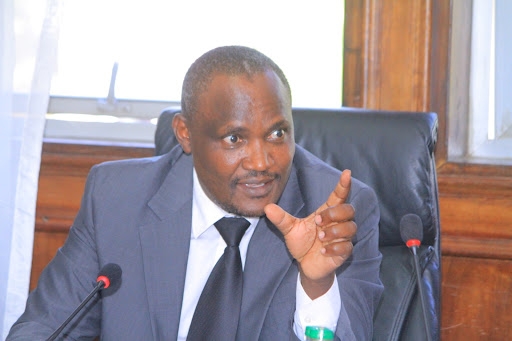



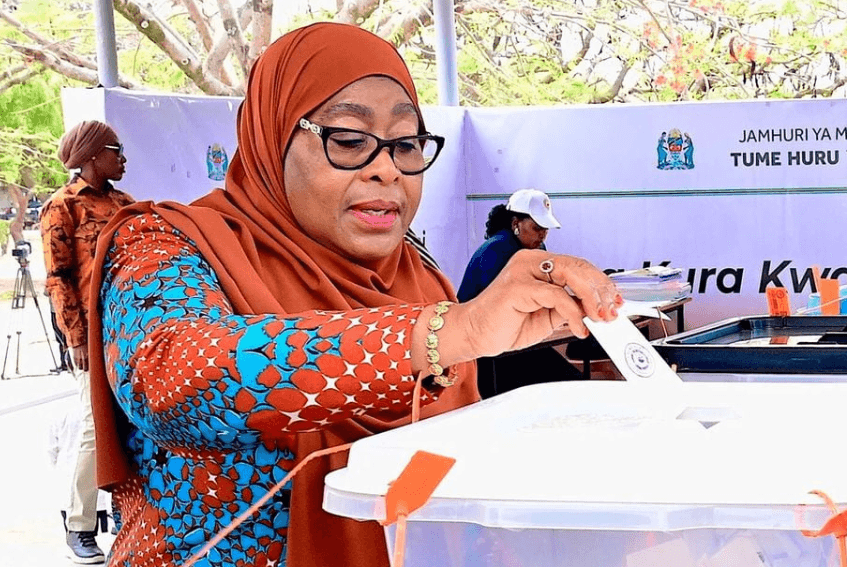
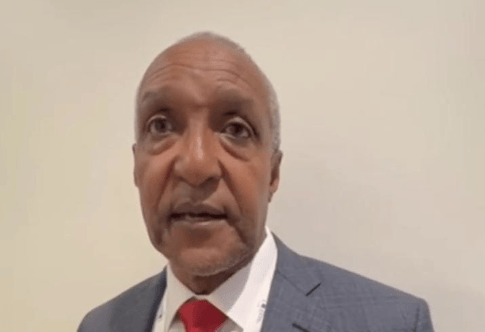
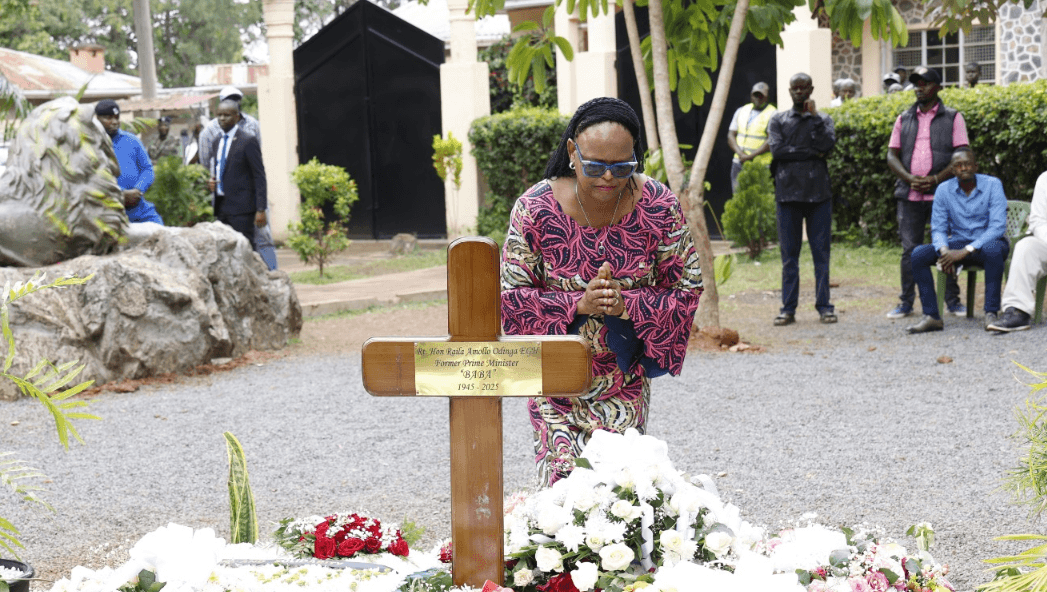

![[PHOTOS] Elgeyo Marakwet landslide victims arrive in Eldoret for care](/_next/image?url=https%3A%2F%2Fcdn.radioafrica.digital%2Fimage%2F2025%2F11%2F425460d9-7ff1-4975-8a1f-cd0aaefb7812.jpg&w=3840&q=100)
